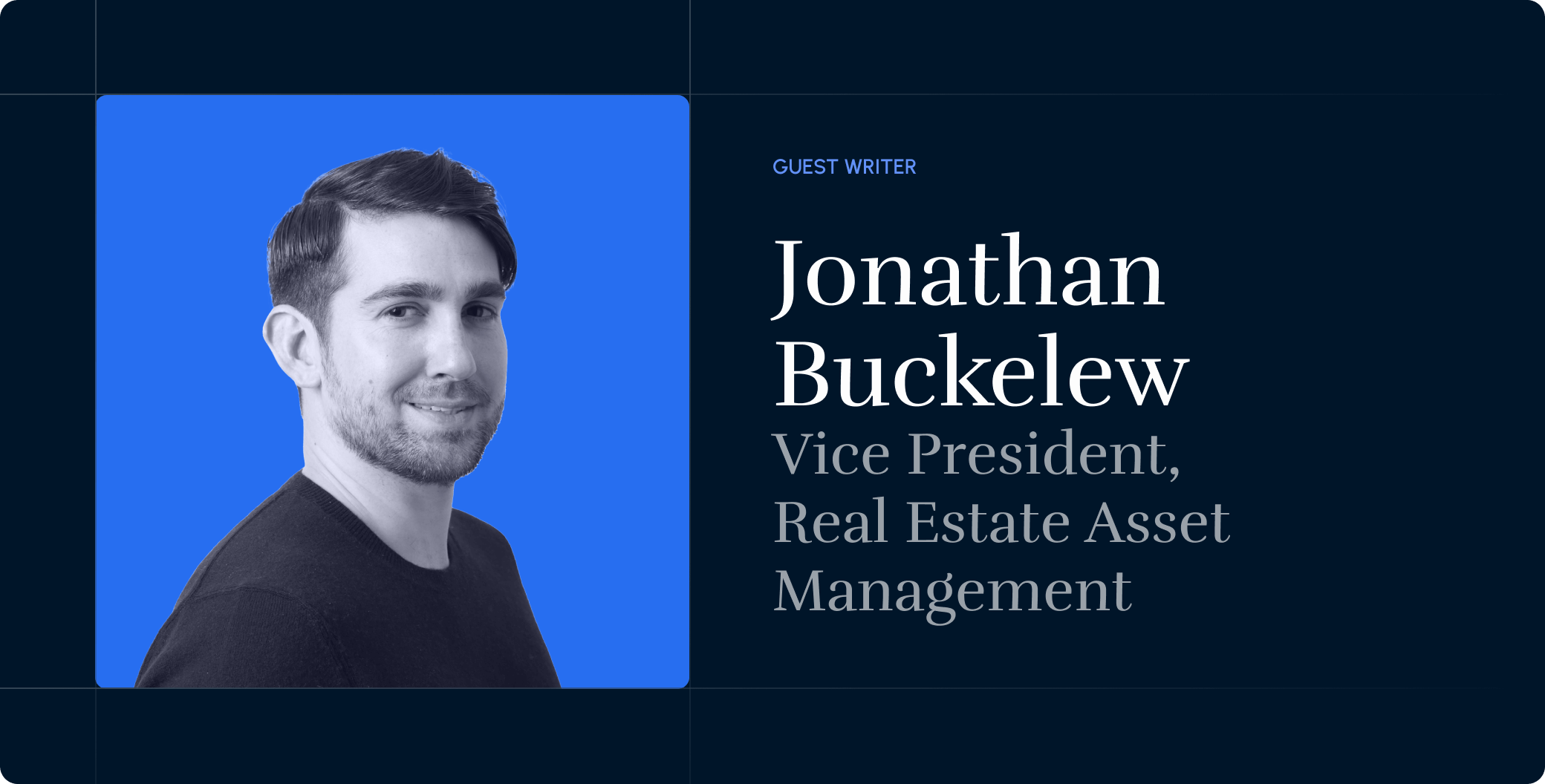For years, traditional commercial properties like residential buildings, office spaces and industrial lots were the go-to assets for solid and above returns at a conservative risk.
With shifting market conditions, firms and investors are looking to divert from conventional asset types into more alternative prospects for their next deal.
Here are some of the most prominent alternative asset classes worth exploring right now:
Let’s dive deeper into each of these alternative investment trends.
Farming
Farmland is far from being a niche market with a total value estimated at $2.5 trillion, ranking third in real estate market share in the U.S. according to Forbes, just below Single-family and CRE.
However, as the rest of the market gears toward stagnation, farmland trends upward: Farmland values in the Northern Plains states recorded the biggest growth from 2018 to 2022, rising more than 30%, with a significant bump in value taking place in 2022.
David Oppendahl, Chicago Federal Reserve Bank policy advisor, noted in late 2022 that:
“Farmland values overall saw a 20% increase from a year ago, with some states’ farmland values rising more rapidly than others.”
Why is farmland poised to retain value and prove profitable in years to come?
The demand for farmland can be attributed to a number of seemingly unrelated events all happening concurrently:
- The invasion of Ukraine – With the country — known as the “breadbasket of Europe” — involved in a war with Russia, it can’t export its typical volume of agricultural goods.
- Post-Covid supply chain disruptions – while supply chains have improved, as a recent EY research from January 2023 indicates, supply chains are still far from recovering. It’s still difficult to move goods (including agricultural products) in many areas of the world, creating shortages.
- Inflationary conditions – rising inflation is impacting countries all over the world, not just the U.S. As such, the cost of goods is steadily rising.
All of these factors combine to produce an environment where agricultural goods are both harder to come by and more expensive, driving up the value of land that can produce these goods.
Essential commodities have always proven to be more recession-proof. Farmland is an inseparable part of this market.
Timber
Timber has always been valuable as a construction commodity, and returns have often been characterized by low volatility and risk. While returns are typically moderate, many investors looking for a stable investment in risky times could do much worse.
Naturally, as trees grow, their value rises. But not just because they create more lumber. Modern investors are focusing on a new profit opportunity in the lumber market: carbon capture.
With the growing focus on the negative impact of carbon emissions, companies (and individuals) need a way to offset their carbon emissions. So they essentially pay timber owners not to harvest their trees in exchange for carbon credits.
USPS Offices
75% of U.S. postal facilities are privately owned. When investors purchase an office, they own the building and the land, then lease the space to the government.
So what makes investing in a USPS office a potentially very wise decision? There are a number of reasons:
- The rental income is guaranteed by the federal government, so it’s a secure investment.
- Some properties sell for as little as a few thousand dollars, making for a great way to create a geographically diversified portfolio.
- Rents are guaranteed, but that doesn’t mean returns are minimal. The typical annual return ranges from 5.75% to 9%, and the lease renewal rate exceeds 98%.
- Given certain qualifications, investors do not have to pay capital gains taxes when they sell the property.
Leases are drawn by the government, so investors must do their due diligence, but USPS offices can be a valuable investment as part of a diverse portfolio. With roughly 26,000 leased postal properties in the U.S., there’s no shortage of options.
Car Washes
Car washes have gained popularity recently, even becoming a hot commodity in the private equity market.
As savvy investors have taken over operations, they have alleviated the seasonality risks of the business by instituting membership models. The revenue consistency of membership models takes a business with already high margins (profits are often in the 50-65% range) and makes it attractive to institutional investors.
The car wash market was valued at USD 16 billion in 2023 and is expected to expand to US$ 27.89 billion by 2033, with an increase at a CAGR of 5.5% over the projected period.
Marinas (and around them)
As more baby boomers retire, many of them are buying boats! That trend has led to a steady increase in occupancy rates for marinas.
70% of marina owners surveyed reported over 95% occupancy. And the demographic trends point to these rates continuing to climb.
Institutional investors see an opportunity to renovate marinas with modern automation systems. While water frontage is naturally limited, technological innovations in dry storage can lead to more rental spots and additional revenue.
Marinas offer further profit potential by creating destinations around marinas with restaurants, hotels, and attractions.
With cap rates averaging between 9.5%-10.5%, marinas can produce very solid returns. But as with all real estate investment, location matters. In this case, regionality research is key, and marinas in the South and West tend to perform better.
Alternative assets are worth exploring, now more than ever
At a time when good deals on traditional commercial real estate investments are harder to come by, an exploration into unconventional asset types may be worth your while. Broad research and out-the-box thinking combined with profound preparation can get firms to open more revenue streams and grow even when the traditional asset types are heading toward an economic plateau.
* The information provided in this article is for educational and informational purposes only and does not constitute investment advice.










